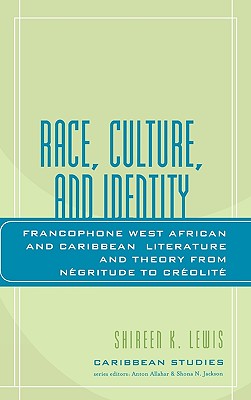
Dr. Shireen K. Lewis joined the show this week to discuss her work on Black women and Negritude. Her book Race, Culture, and Identity: Francophone West African and Caribbean Literature and Theory from Negritude to Creolite’ was the basis of our interview and led us through the histories of Negritude and Creolite’, the politics of pan-Africanism, the work of Paulette Nardal, Aime Cesaire, Frantz Fanon, Leopold Senghor and the gendering of Negritude. Dr. Lewis shared also about her work with EduSeed’s Sister/Mentors program in Washington, D.C.
via voxunion.com

